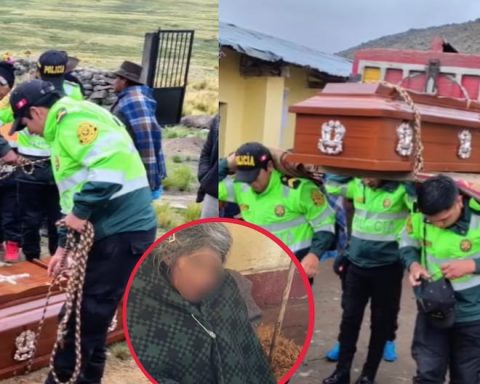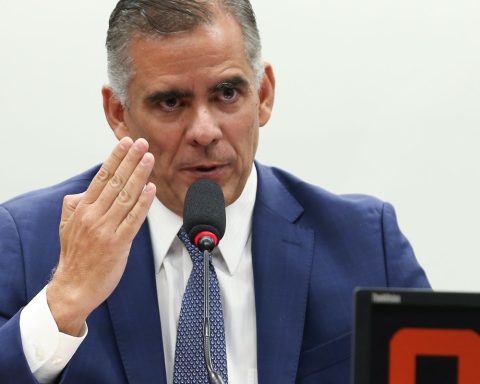Juan Agustín Meléndez does not feel uncomfortable being currently in the position of deputy national prosecutor -after the departure of Jorge Abbott for reaching the maximum age to be in office- and being, in turn, one of the candidates to officially assume that post, which is weakened by Abbott’s management.
“If today I find myself occupying the position, it is by mandate of the law, I assume for my quality of oldest regional prosecutor, it is not an appointment. The basic principle for a prosecutor is to comply with the law,” says Meléndez in conversation with the newspaper Third. Same basic principle that they accuse that the Public Ministry led by Abbott did not comply with in controversial cases and that are still in the retina of the citizenry, such as that of political silverware, cases that ended in convictions such as ethics classes.
It may interest you:
These sentences splashed the Prosecutor’s Office, which was weakened under the mandate of Abbott, who was targeted by the darts for these cases. For this reason, a group of regional prosecutors at that time signed a letter to support him and shield him from criticism due to some statements by Abbott in which he acknowledged that he met with several senators under criminal investigation – among them, Jorge Pizarro (DC), who at that time he was being investigated for the SQM case– before taking office to gain support.
However, one of those who did not sign was Meléndez. “It is not for me to make an assessment of how that was handled, because to do so I would have to have access to the folder. I am not in a position where I can say whether or not I would have avoided certain situations,” he said, adding that “I think after the war they are all generals. But I do recognize that there was criticism.”
Criticisms that ultimately made him not sign the letter of support. “In my role as regional prosecutor it is public that I have made criticisms, but they have been in the institutional sphere, within the Council of Regional Prosecutors. And I did not sign that letter, because I did not share writing a letter of support. I did not feel comfortable. I don’t find it to be my institutional role to do something like that.”


















